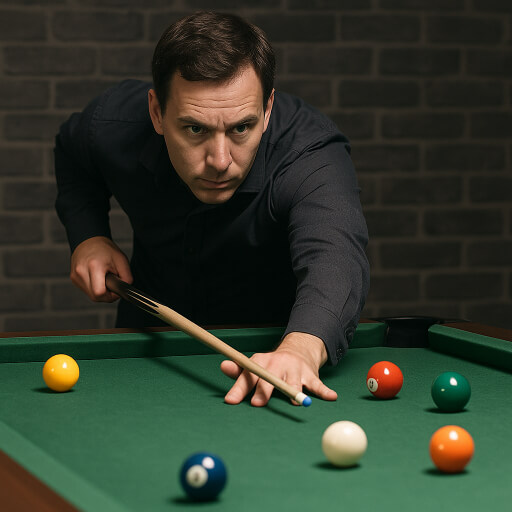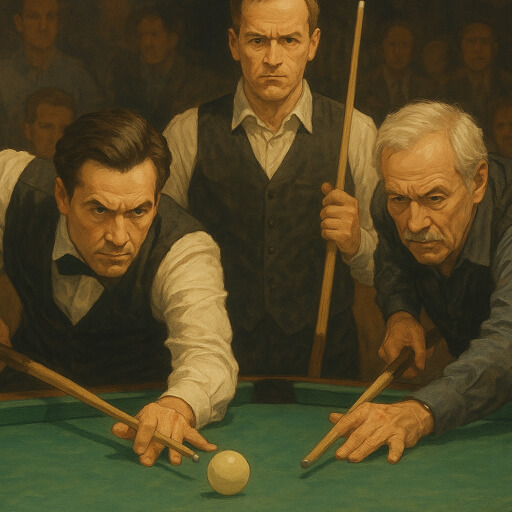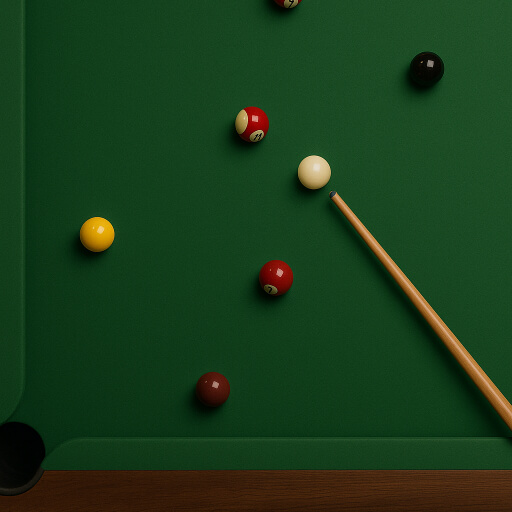A Pool Table is an expensive investment, so it is important to be knowledgeable about how to maintain and prolong its life for as long as possible.
We have outlined some basic tips on how best to care for your Pool Table.
Cloth Care
The cloth is likely to be the part of the table that will see the most contact and therefore requires the most care and attention.
A build up of dust, chalk and other materials can cause cloth to wear down quicker and of course affect the run of the balls during play.
Brushing The Cloth
Regular brushing with a Pool Table Cloth Brush is a great way to help maintain its condition.
When brushing the cloth, we recommend that you do so in one direction only, starting at the Baulk End and working your way down the table.
Don’t be too heavy-handed with the brush, and only apply enough pressure so that the bristles make contact with the cloth just enough to remove any unwanted debris.
Depending on how often you use your table, it is recommended to brush the cloth at least once a week or after every ten hours of play.
Sunlight Exposure
Over exposure to sunlight for prolonged periods can have a detrimental effect on the cloth on your table.
As well as fading the colour of the cloth, sunlight can also fade the wood finish colour of your table too.
To protect against fading, we recommend that you cover your table whenever it is not in use. It is also good practice to cover your table when it is not being used, even if it is not exposed to sunlight, as this will help to prevent the build up of dust and other unwanted debris.
Polishing / Wiping The Table
Whether your table has a laminated veneer or is made from solid wood, caring for the wood should also be on your maintenance check list.
To clear away dust and other removable marks, you can use a lightly dampened cloth, followed by a dry cloth to clear away any lingering moisture.
If you are using good quality furniture polish, be sure to apply this to a soft paper towel first and then wipe down the table-top frame, body or legs. Applying polish directly on to the table runs the risk of the polish ending up on your cloth, leaving stains and marks that would be very difficult to remove.
Leaning On & Moving The Table
This may seem like common sense, but it is advisable to avoid putting unnecessary pressure on your table i.e. sitting, leaning heavily or standing on it.
By doing so, you will run the risk of damaging the table, making the playing surface uneven and again marking the cloth.
For any long or awkward shots that you might need to play, we’d recommend using a rest to reduce the need to sit on the table.
If you need to move your table, we recommend that you either employ the services of a professional Pool Table installer or, after gaining correct advice, use a Pool Trolley to safely move the table.
However, it is preferable not to move the table at all if possible once you have had it set up.
Incorrectly moving your table around without the right knowledge or expertise can result again in damage, especially to the legs if the table is dragged or dropped suddenly, and can also result in creating an uneven playing surface.
Keep Food & Drink Away
Quite simply, keep food, drink and cigarette smoke away from your table to negate accidents that can cause damage to or mark your table.
Pool Tables do bring people together and are great for socialising, but it is better to make sure any food and drink is kept away from them, and it goes without saying that you should avoid the cardinal sin of resting your drink on the top frame between shots!
Wipe The Pool Balls After Each Game
Despite not being obviously visible, Pool Balls will pick up debris and chalk dust over time, which will be deposited on to your table and work its way in to your cloth with detrimental effects if left unchecked.
To avoid this unnecessary build up, use a micro fibre cloth at the end of each game to wipe the Pool Balls down to get rid of the dust and chalk.
No Jump Shots!
One of the easiest yet most preventable ways to damage your table is by allowing players to execute ‘jump shots’.
By simply laying down a no ‘jump shot’ rule to those playing on your table, you reduce the risk of expensive to repair cloth tears and unwanted marks.
Even when performed correctly, impressive looking ‘jump shots’ are very likely to cause damage to your cloth, with the cue more often than not coming in to direct contact with it.




